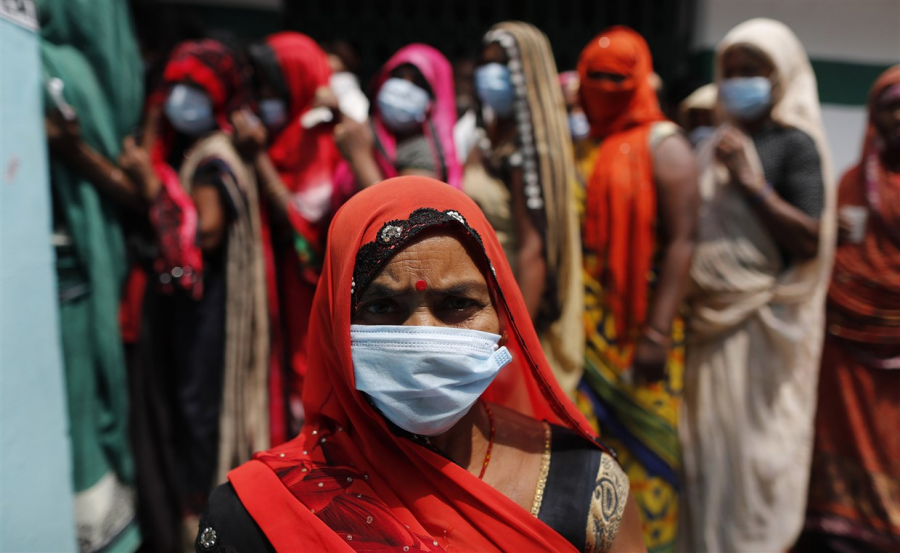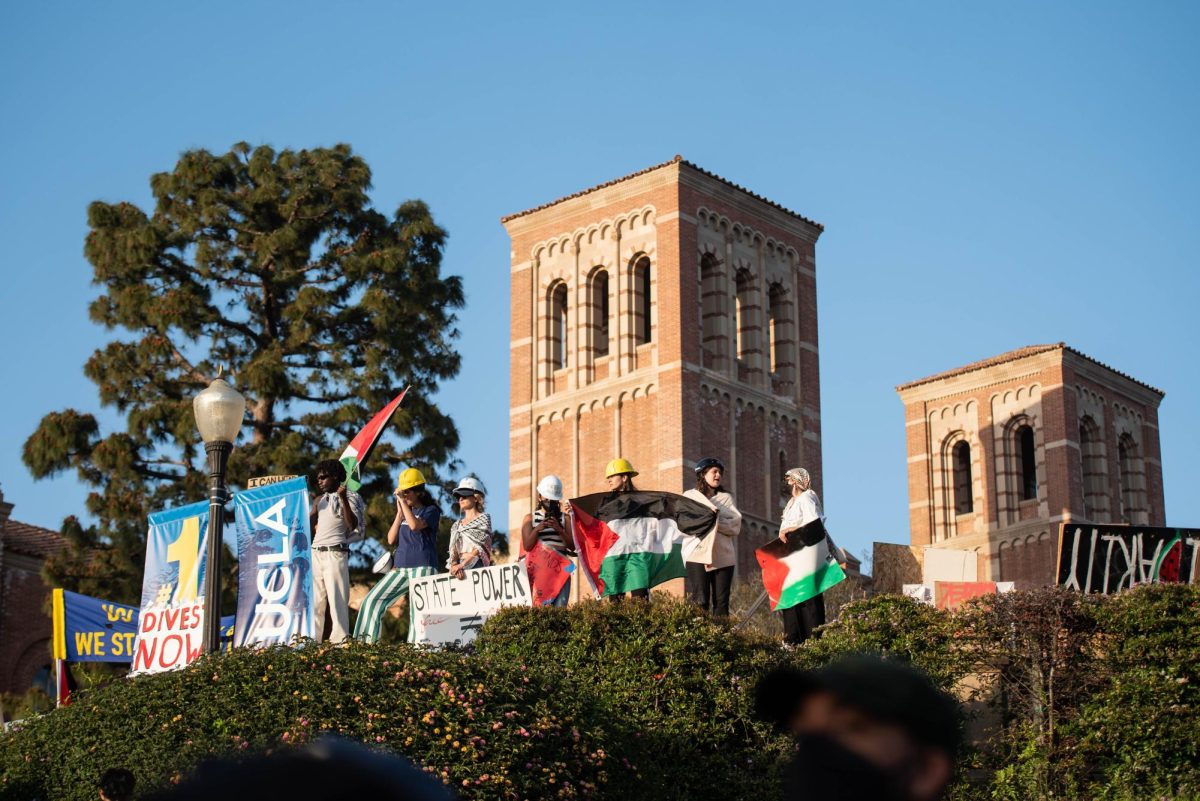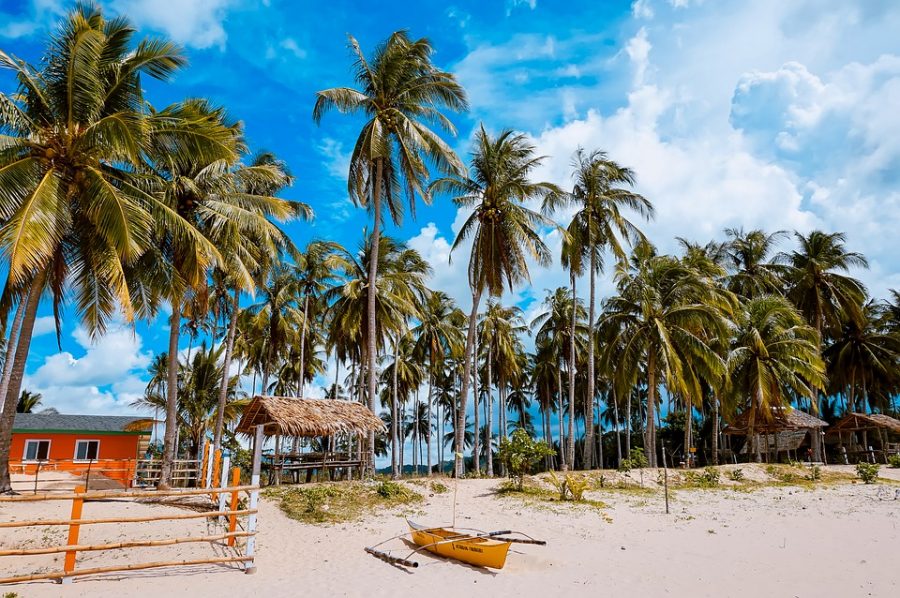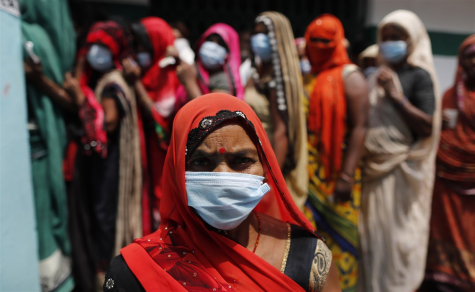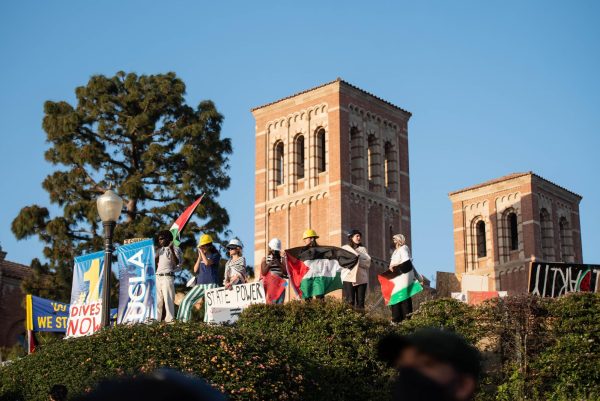New Filipino Law That Makes Students Plant 10 Trees to Graduate
Typical palm trees that can be planted in many areas in the Philippines.
June 5, 2019
In 2019, environmentalism is always on the radar especially regarding politics, pop culture, and even in our own education. One key theme is climate change–a topic that all people should be worried about. With the world degrading due to more greenhouse gas emissions from industrialization, it is very important to keep in mind that our planet can only be saved with the combined doings of all people. One nation in the Southeast Asia has taken their values and laws and coincided it with saving our home that we call Earth. This country is none other than the Philippines.
Over the course of the 20th century, there has been a massive issue regarding the tropical rainforests in the Philippines. According to Forbes, the Philippines’ land that was once filled with rainforests, has decreased from the original 70 percent to 20 percent from last century to modern times. The rainforests in the Philippines are essential to the natural environment, especially regarding the biodiversity and species richness of the habitats that could lead to more extinctions.
Instead of letting corporations continue chopping the trees down and leading to more species’ demise, the Filipino government enacted a law to help bring back the rainforests and the old amount of trees. The bill that was passed in the Philippines Senate is called “Graduation Legacy For the Environment Act”. This bill states that each student from elementary school to college can only graduate if they have planted ten trees.
The bill supports planting trees that are only suitable for the environment and trees that “match the area’s climate and topography” (Forbes). This means that there is a higher likelihood of some species fitting right in to their new habitats in the trees. Planting these trees will also help with the erosion problem that the Filipino people are currently facing. After a monsoon or tsunami hits the Philippines, much of the land could be carried with the water because the roots of the harvested trees kept the soil in place.
According to Gary Alejano of the Philippines’ Magdalo party, total, the amount of trees that could be planted is about 175 million a year. Not only will this bill give hope to general public, the future generations can get a chance to be exposed to being environmentally friendly at a younger age and take the lessons that they learned and apply them in adulthood. Nick Deang (11) is a proud Filipino and believes that “this is such a great way for people to combat the scares of climate change.” As the Earth progresses in age, we the people on Earth, must fight the fight against climate change and the drastic effects on the environment.









